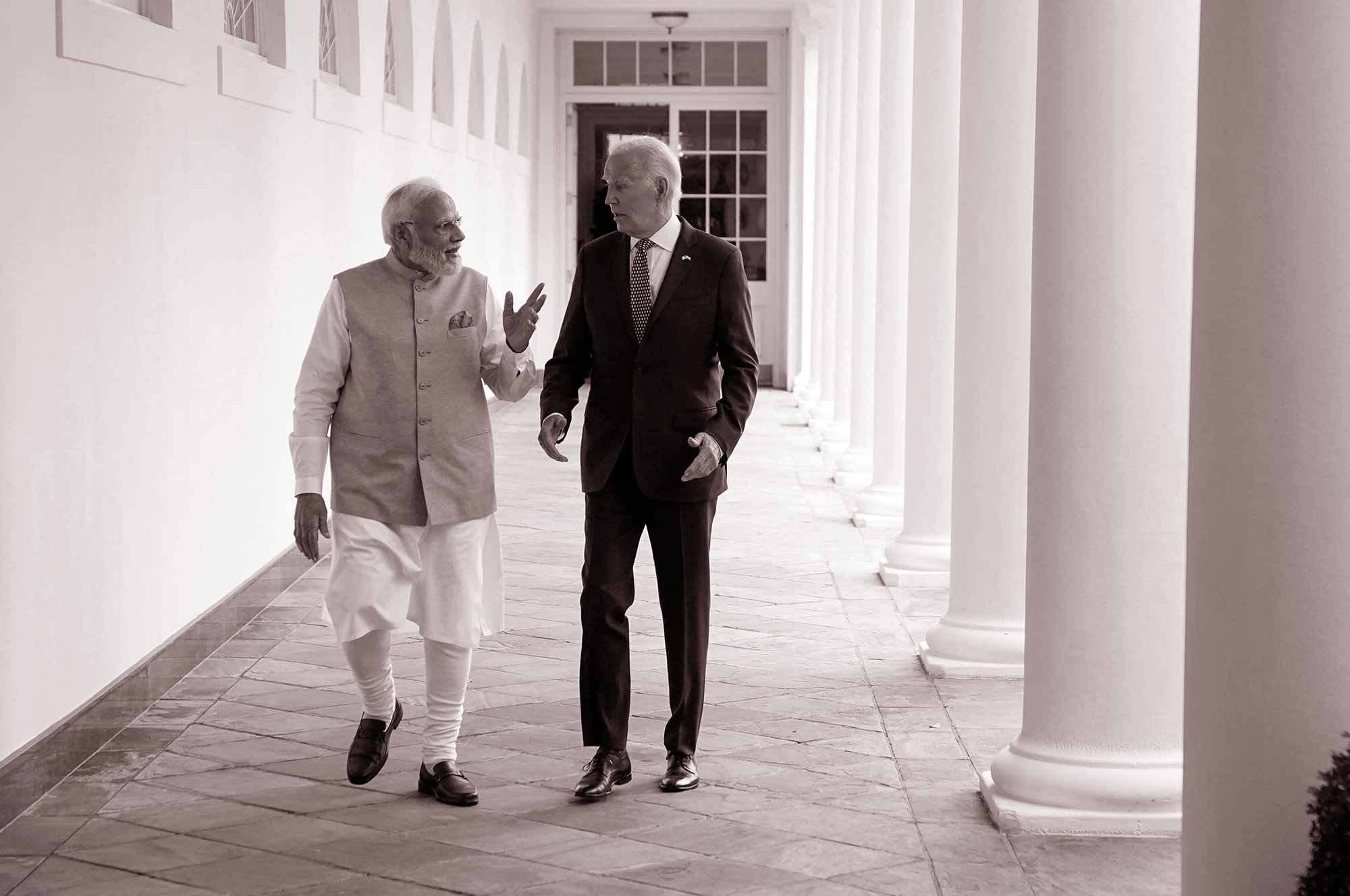Brooke Gladstone and Fred Kaplan on the Media, War, and Ukraine
South Africa's Genocide Suit at the World Court
Sam Charap and Alex Ward on US Aid and Interests
Disinformation in War with Claire Wardle and Steven Lee Myers
Stuart Reid on the CIA-backed Destabilization of the Congo
Israel, Hamas, and US Policy in the Middle East
Global “Swing States” and the Need for UN Reform
Samuel Moyn on Making War More “Humane”
A Critical Look at America’s Indo-Pacific Alliances
Shivshankar Menon on How India Sees the World
Japan’s Military Buildup Faces Resistance
A Conversation with General Mark Milley
How the Transatlantic Alliance Protects and Imperils American Security
Where the Russia-Ukraine War Stands at One Year
The Future of Cross-Strait Relations and Washington’s Commitments to Taipei
Bonus Episode: America’s Past, Present, and Future Role in the Israeli-Palestinian Conflict
What the Incoming Hardline Government Means for Israel, Palestine, and the United States
Rose Gottemoeller on the Potential for Nuclear War
How Pennsylvania Voted on Foreign Policy
Reza Aslan and Assal Rad on the Protests in Iran
Catherine Osborn on Brazil’s Election & Political Violence































